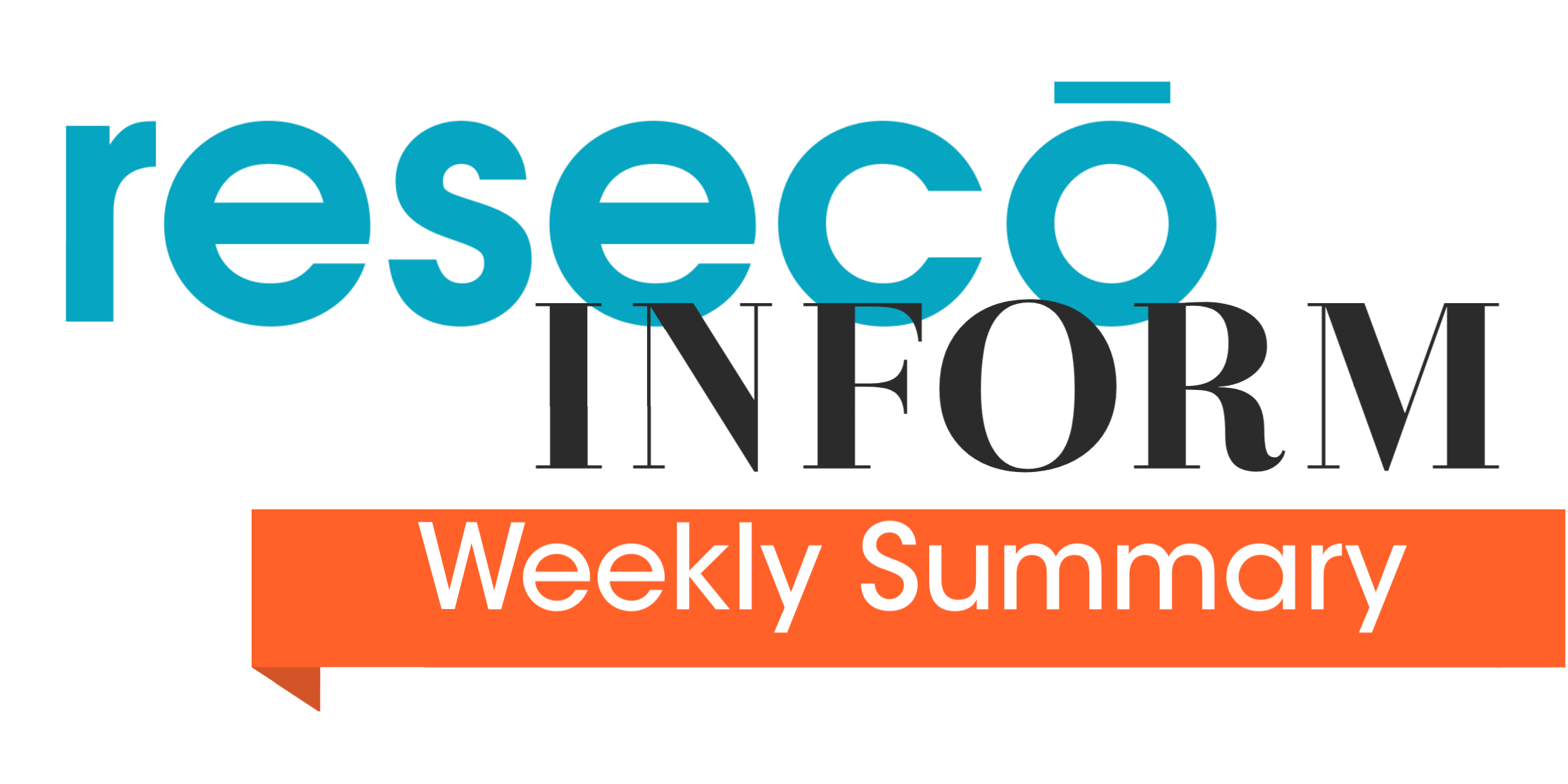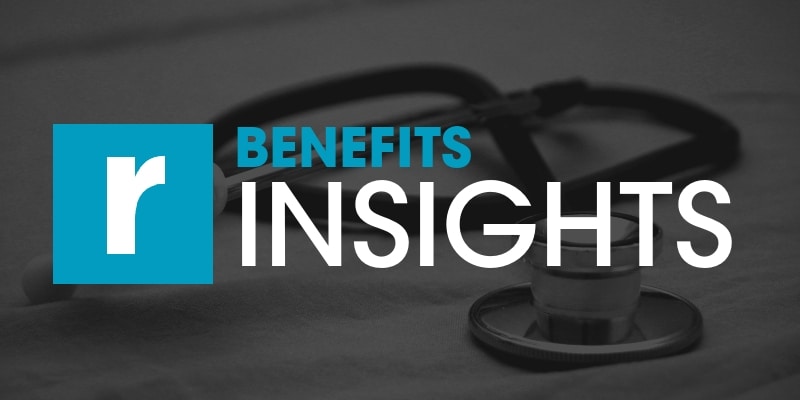 In response to the coronavirus (COVID-19) pandemic, states have passed new laws and issued new regulations and guidance about employee leave taken for COVID-19 reasons.
In response to the coronavirus (COVID-19) pandemic, states have passed new laws and issued new regulations and guidance about employee leave taken for COVID-19 reasons.
These provisions are in addition to the federal Emergency Paid Sick Leave and Emergency Family and Medical Leave Expansion requirements passed on March 18 as part of the Families First Coronavirus Response Act (FFCRA).
In general, employee leave permitted under new state COVID-19 rules and guidance varies with respect to factors like the employers and employees covered by the leave, the length and purpose of the leave, whether the leave is compensated and at what rate, and whether the leave is provided under a new law or rule, or covered under an existing provision.

 Employers that sponsor group health plans should provide certain benefit notices in connection with their plans’ open enrollment periods. Some of these notices must be provided at open enrollment time, such as the summary of benefits and coverage (SBC).
Other notices, such as the Women’s Health and Cancer Rights Act (WHCRA) notice, must be distributed annually. Although these annual notices may be provided at different times throughout the year, employers often choose to include them in their open enrollment materials for administrative convenience.
Employers that sponsor group health plans should provide certain benefit notices in connection with their plans’ open enrollment periods. Some of these notices must be provided at open enrollment time, such as the summary of benefits and coverage (SBC).
Other notices, such as the Women’s Health and Cancer Rights Act (WHCRA) notice, must be distributed annually. Although these annual notices may be provided at different times throughout the year, employers often choose to include them in their open enrollment materials for administrative convenience.



 On Aug. 31, 2020, the U.S. Department of Labor (DOL) published four new opinion letters.
On Aug. 31, 2020, the U.S. Department of Labor (DOL) published four new opinion letters. The U.S. Department of Labor (DOL) has published new frequently asked questions (FAQs) about whether employees qualify for paid leave under the Families First Coronavirus Response Act (FFCRA) in different schools reopening situations, including those that blend in-person with distance learning.
The U.S. Department of Labor (DOL) has published new frequently asked questions (FAQs) about whether employees qualify for paid leave under the Families First Coronavirus Response Act (FFCRA) in different schools reopening situations, including those that blend in-person with distance learning.
 The past few months have seen multiple instances of aggression and violence against workers who attempted to enforce their establishment’s COVID-19 prevention policies and practices with customers.
The past few months have seen multiple instances of aggression and violence against workers who attempted to enforce their establishment’s COVID-19 prevention policies and practices with customers. Health benefits costs are almost certainly going to rise in 2021. They’ve been trending upward for years—over 50% in the last decade, according to the Kaiser Family Foundation— and the current state of economic uncertainty over COVID-19 won’t slow things down.
Health benefits costs are almost certainly going to rise in 2021. They’ve been trending upward for years—over 50% in the last decade, according to the Kaiser Family Foundation— and the current state of economic uncertainty over COVID-19 won’t slow things down.